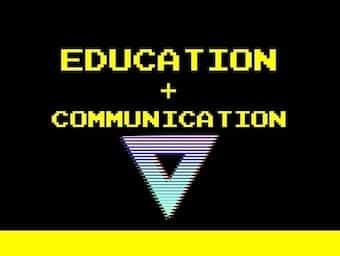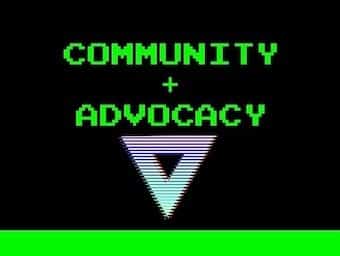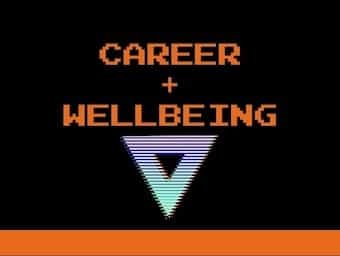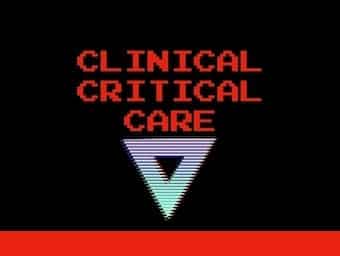
Learning and Culture in Healthcare
Liz Crowe interviews Justin Morgenstern about curiosity in medicine.

Liz Crowe interviews Justin Morgenstern about curiosity in medicine.

Trauma care should be easy… shouldn’t it? So why doesn’t it feel easy? The clinical component is the easy bit, the challenge is the non-technical factors.

Professor Owler discusses his experience in his various roles to achieve successful outcomes both in terms of health policy as well as legislative changes. He will discuss the role of doctors in this process and how to interact with government, media and stakeholders to achieve better outcomes for patients and the community.

Pacific Island Playlist – Track 5: Mental Health with Jess Morton and Cian McDermot. Jess speaks candidly about her own mental health journey.

Jim Manning tells us why the time is now for Selective Aortic Arch Perfusion in improving cardiac arrest outcomes.

Lieutenant Colonel Leilani Doyle recounts how this was accomplished from the early concept, through development and finally to the deployment of the CMERT (Canadian Medical Emergency Response Team)

Wendy Chang takes us through the use of ultrasound for lumbar puncture and how this should be used consistently, not just for difficult cases and field cases.

Training and psychological preparedness is essential for prehospital and disaster clinicians, in order to effectively care for victims in austere environments.

In the ER, we are taught to turn towards the pain of others. We are not given as deliberate advice on how to care for ourselves despite the adversity we see, and the inevitability of being hurt by it.

When time is muscle every second counts. Cardiac failure may not be so terminal after all, with Emily Granger

The scope of ultrasound in trauma; the evolution of point-of-care Ultrasound in Trauma, and the FAST examination with Resa Lewiss

Resuscitating a critically injured child is one of the most stressful jobs in pre-hospital medicine, with Sam Bendall